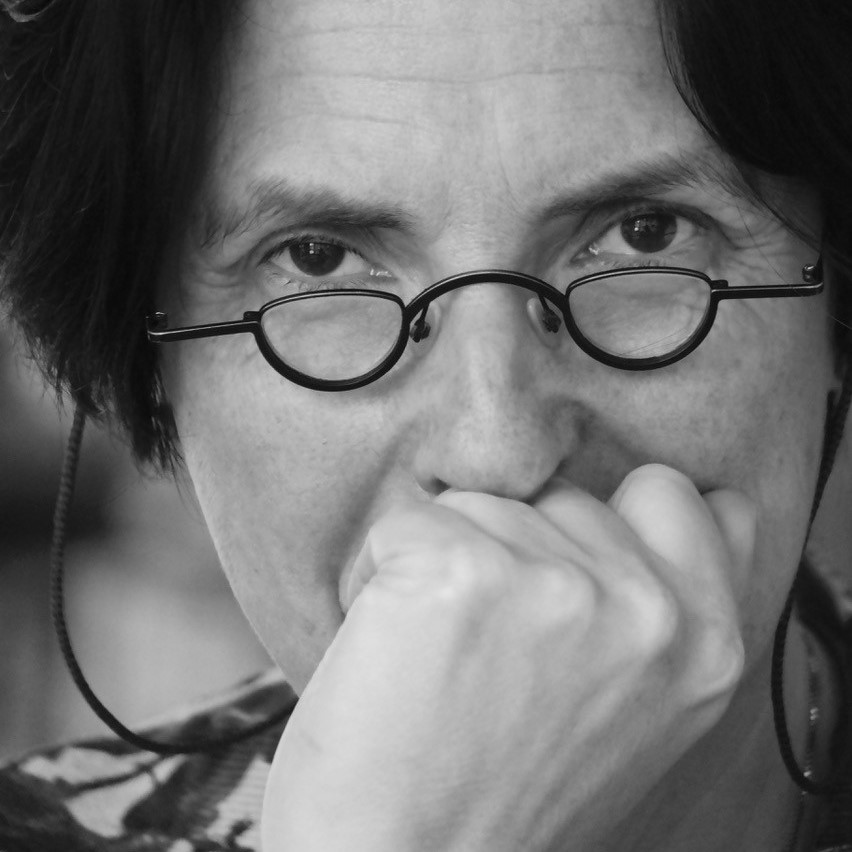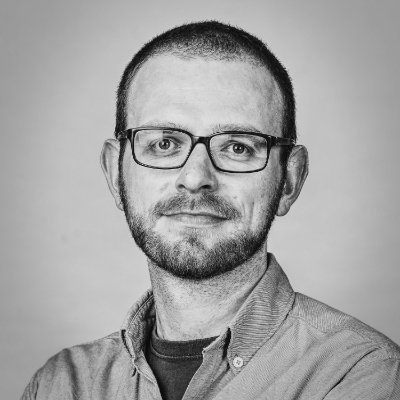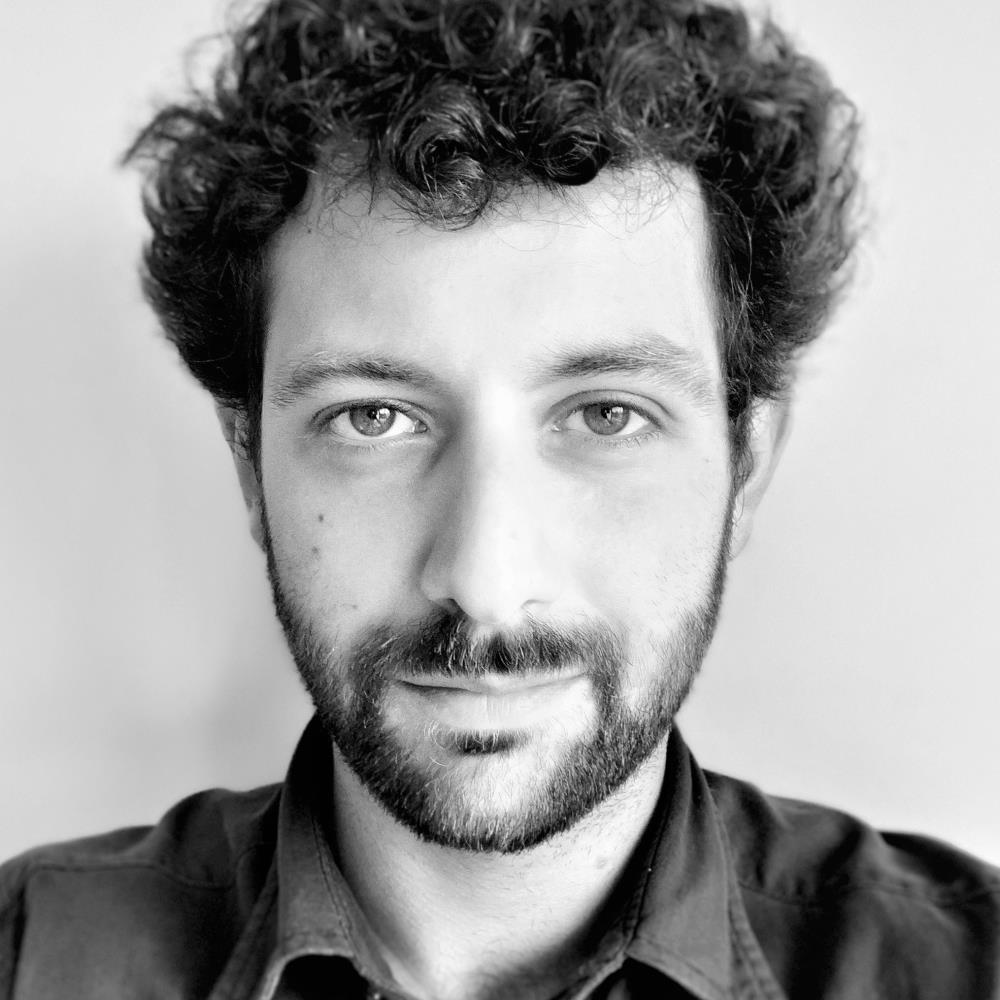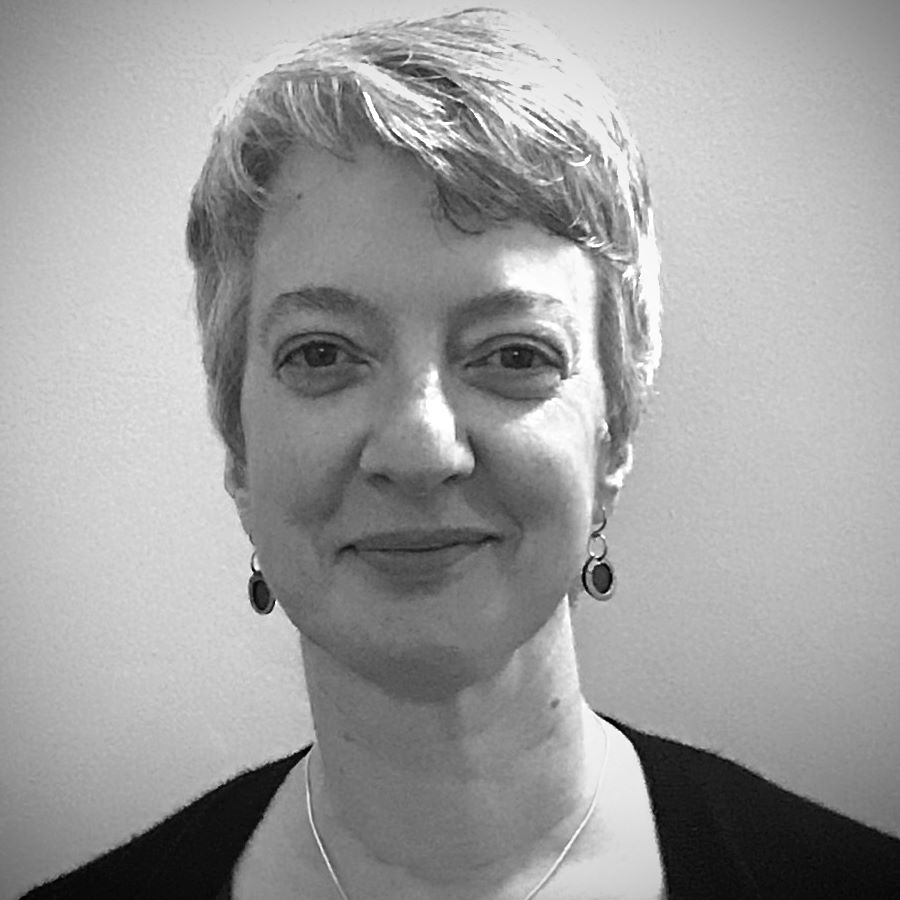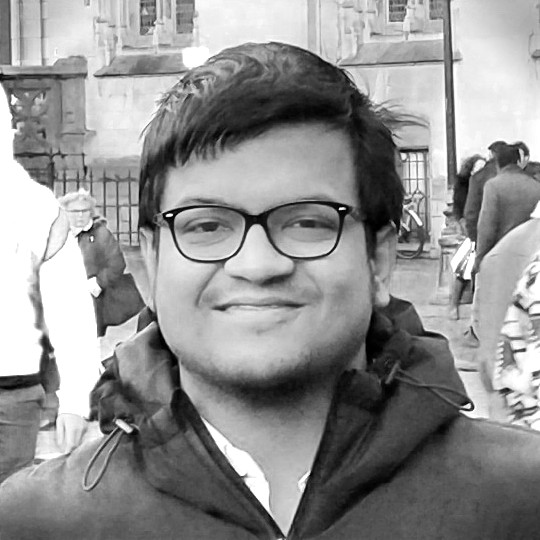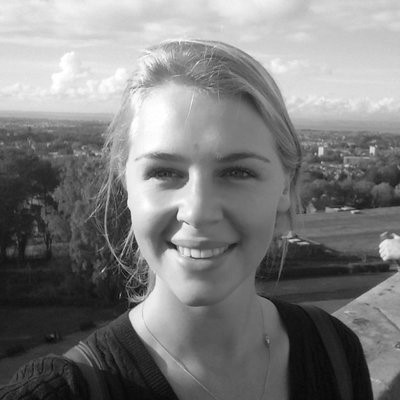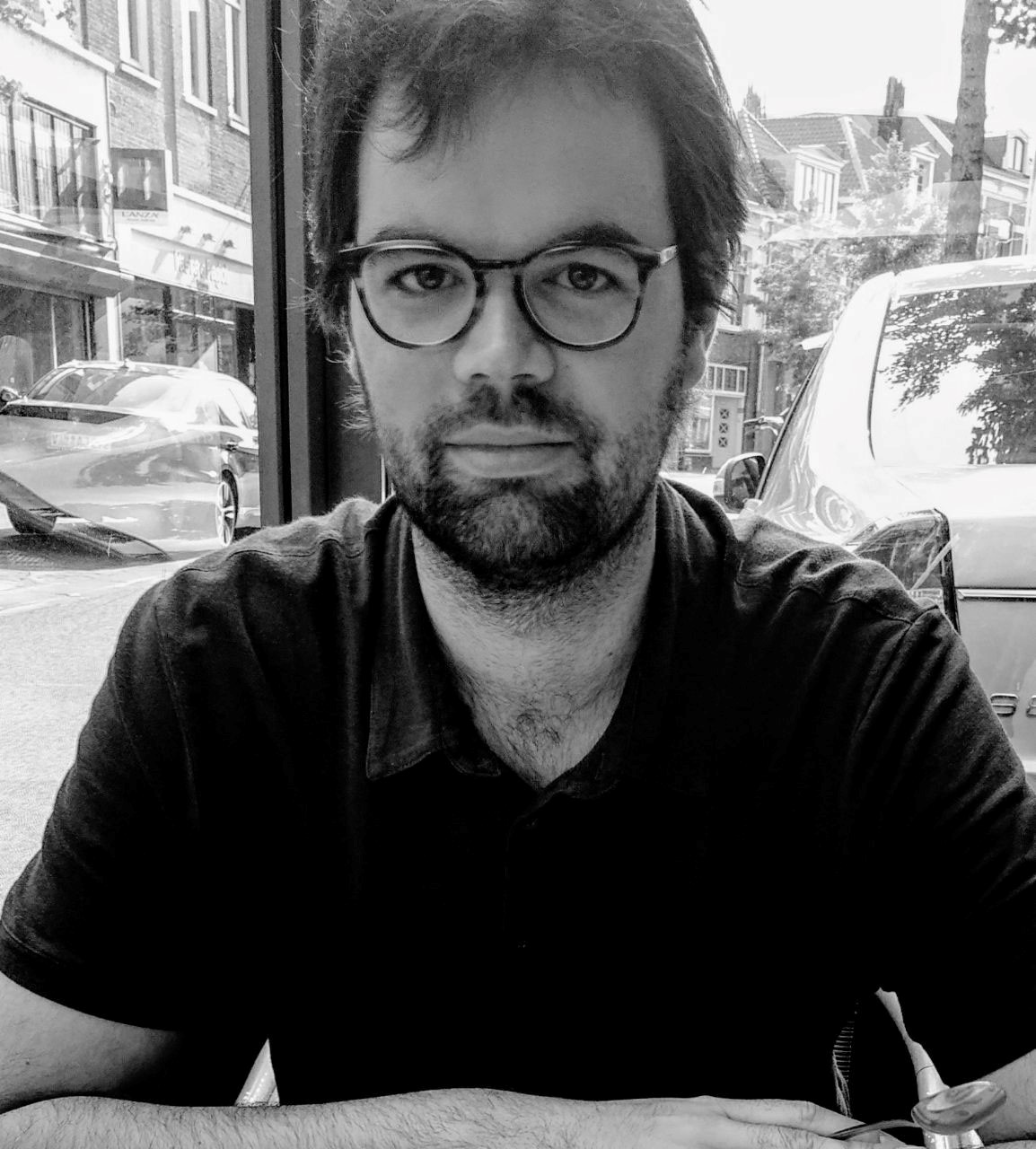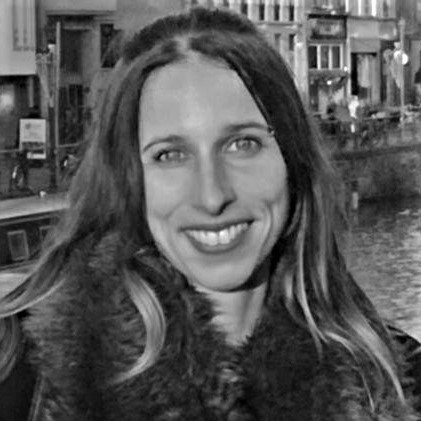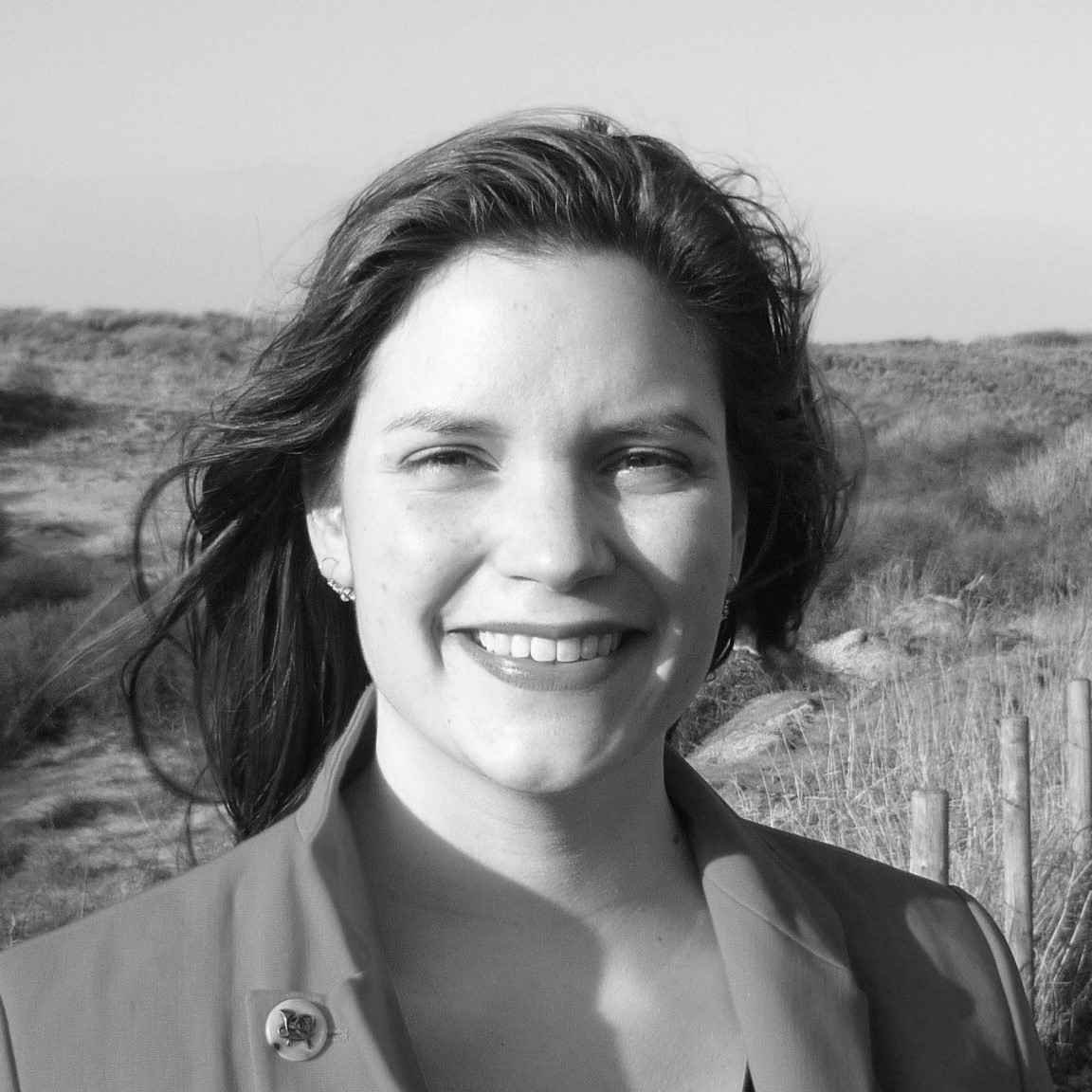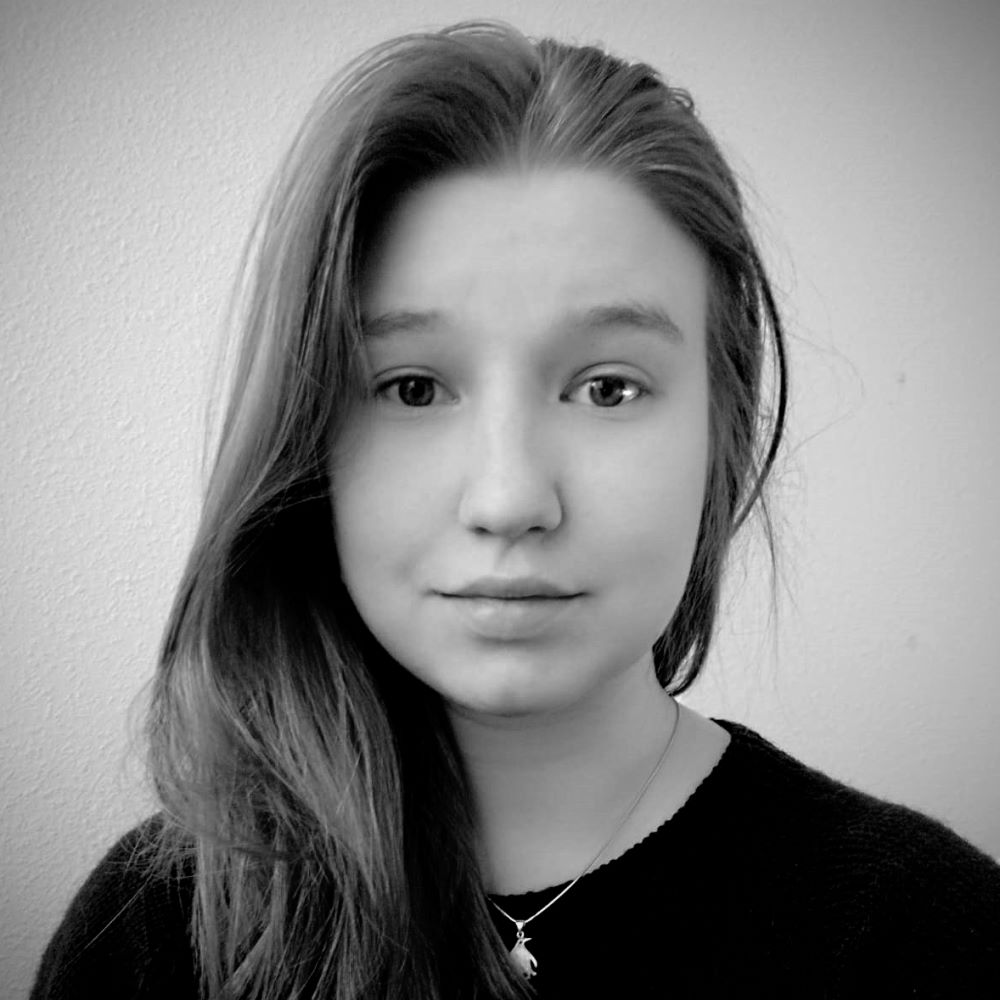Core teamPermalink
Mireille Hildebrandt, FBAPermalink
Principal investigatorHildebrandt is a Research Professor on ‘Interfacing Law and Technology’ at Vrije Universiteit Brussels (VUB), appointed by the VUB Research Council. She is co-Director of the Research Group on Law Science Technology and Society studies (LSTS) at the Faculty of Law and Criminology.
She also holds the part-time Chair of Smart Environments, Data Protection and the Rule of Law at the Science Faculty, at the Institute for Computing and Information Sciences (iCIS) at Radboud University Nijmegen.
Her research interests concern the implications of automated decisions, machine learning and mindless artificial agency for law and the rule of law in constitutional democracies.
Hildebrandt has published 5 scientific monographs, 23 edited volumes or special issues, and over 100 chapters and articles in scientific journals and volumes.
She received an ERC Advanced Grant for her project on ‘Counting as a Human Being in the era of Computational Law’ (2019-2024), that funds COHUBICOL. In that context she is co-founder of the international peer reviewed Journal of Cross-Disciplinary Research in Computational Law, together with Laurence Diver (co-Editor in Chief is Frank Pasquale).
In 2022 she has been elected as a Fellow of the British Academy (FBA).
Personal website at Berkeley Press and SSRN. See also her Google Scholar profile and her postings on ArXiv, e.g. here or here.
Laurence DiverPermalink
Postdoctoral researcher (law)Diver’s research concerns the impacts of digital systems on behaviour and action, the production of systems that have these effects, and how these can be designed legitimately from a legal perspective. He holds PhD, LLM, and LLB degrees from the University of Edinburgh, as well as diplomas in legal practice and software development.
His doctoral thesis was supervised by Prof. Burkhard Schafer and awarded in 2019. The dissertation adopts various perspectives from the philosophy of technology to identify the regulative impact of technological architectures on individual behaviour, before suggesting a framework of normative affordances, derived and adapted from legal theory, that can help legitimate the design of those architectures. An updated monograph of the thesis was published OA by Edinburgh University Press in 2022, entitled Digisprudence: Code as Law Rebooted.
Laurence is co-founder (with Mireille Hildebrandt) and Managing Editor of the Journal of Cross-disciplinary Research in Computational Law (CRCL), and has since 2013 been Technical Editor of SCRIPTed: A Journal of Law, Technology & Society, based at Edinburgh Law School’s renowned SCRIPT Centre. Prior to his doctoral studies he was variously a professional full stack web developer, a research assistant to Burkhard Schafer (UK Copyright and Create Economy Centre (CREATe)) and to Lilian Edwards (Strathclyde University), and a legal research assistant at the Scottish Law Commission.
Desara DushiPermalink
Postdoctoral researcher (law)Dushi holds a Double PhD Degree in Law, Science and Technology from University of Bologna and University of Luxembourg, a MSc in Criminal Law from Beder University College, a Joint MA in Human Rights and Democracy from University of Sarajevo and University of Bologna and an LLB degree from “Luigj Gurakuqi” University.
Her doctoral thesis, supervised by Mark Cole and Monica Palmirani, investigated the legal challenges of the phenomenon of online live-streaming of child sexual abuse. Desara’s main interests are related to the intersection between law and technology, human rights in the digital age, criminal justice, justice reforms, online child protection, and Internet Governance.
Before joining VUB, Desara has served as lecturer at Epoka University, and as advisor to the Ministry of Justice of Albania. During her PhD studies, she has been a visiting researcher in several European Universities. Desara also serves as Executive Committee Member of the South East Europe Dialogue on Internet Governance (SEEDIG) and as evaluator and judge at the International Criminal Court (ICC) Moot Court Competition. She also has an Executive Training qualification from Harvard Kennedy School on “Leadership and character in uncertain times”. Since 2016, Desara contributes in shaping various international and regional Internet Governance conferences annually.
Gianmarco GoriPermalink
Postdoctoral researcher (law)Gori holds a PhD in Law from the University of Florence. His doctoral thesis investigated the concept of rules at the intersection of law and computational machines.
As a member of “L’altro diritto – Interuniversity Research Centre on prison, deviance, marginality and government of migrations”, Gianmarco has done research and strategic litigation in the field of labour exploitation, human trafficking, illegal discrimination, immigrants’ and prisoners’ rights.
Gianmarco is a member of the Bar Association of Florence, where he has been in practice in the fields of criminal, immigration, and data protection law.
Pauline McBridePermalink
Postdoctoral researcher (law)McBride holds an LLB (Hons) in Jurisprudence, the Diploma in Legal Practice and a PhD in Law from the University of Glasgow.
Her doctoral thesis, supervised by Ronan Deazley and Adam Tomkins, was awarded in 2016. The thesis considered whether browse wrap Terms of Use are enforceable under English law.
Pauline’s interests relate to the intersection of law and technology, theories of legal interpretation, and the impact of artificial intelligence on law and legal practice.
A Scottish solicitor, Pauline was in practice for some 20 years, latterly as a partner in the law firm Brechin Tindal Oatts. She specialised in intellectual property and information technology, dealing with litigation as well as commercial contracts. She taught at the University of Glasgow (School of Law/Information Studies) and Queen’s University Belfast.
Pauline is a member of CREATe, the government funded copyright hub, a member of the Scottish Law and Innovation Network and a member of the Law Society of Scotland’s Technology Committee. She holds a qualification from the University of Warwick after completing its intensive course ‘Introduction to Artificial Intelligence’ which explored basic methodologies for the design of artificial agents in complex environments.
Arjun BanerjeePermalink
PhD researcher (law)Banerjee is a legal researcher and a PhD student at Vrije Universiteit Brussel (VUB). His legal research is interdisciplinary and concerns the areas where technologies like Artificial Intelligence and Blockchain interact with law.
He is a trained attorney from India, where he obtained his LL.B. degree from Nagpur University and became a member of the Bar Council of India in 2018. He has practiced as an attorney in the fields of Intellectual Property Law, Technology Law and Data Protection Law in New Delhi and Mumbai. He then moved to Brussels in order to pursue higher education through an Advanced Master’s Degree (LL.M.) in International and European Law with a specialisation in Data Protection Law at the Institute for European Studies, VUB. His Master’s thesis titled ‘Screening the Dark Patterns: Evil User Interface Design Practices & How to Tackle Them?’ garnered immense recognition from his readers and led him to graduate with great distinction (magna cum laude) from the LL.M.
As a member of the CoHuBiCoL research project, he will be focusing on studying data-driven law, which concerns the implications of integrating Artificial Intelligence into components of mainstream legal practice.
Emilie van den HovenPermalink
PhD candidate (law)Van den Hoven holds an LLB in International and European Law from the University of Groningen. She received her LLM (research master) in Public International Law at the University of Amsterdam, in the context of which she also attended Georgetown University Law Center (2016). Her master thesis dealt with the uses of data-driven technologies in law-making processes at the international level, primarily by international organizations. She is interested in the uses of these technologies and the consequences thereof for the legitimacy of the international legal order, and how these law-making processes can be innovated responsibly to increase their legitimacy.
During her LLM, she has worked as a research assistant on various research projects, most notably on the ERC Advanced Grant project ‘SHARES’ on shared responsibility in international law with PI Professor André Nollkaemper. She previously worked as an intern in the international law department of the Dutch Ministry for Foreign Affairs.
Paulus MeessenPermalink
PhD candidate (CS)Meessen holds a BA in Philosophy (2015) from the University of Groningen and an MSc in Computing Science (2017) from Radboud University in Nijmegen the Netherlands.
He was involved in the teaching, organization and design of courses on Numerical Methods in Mathematics, Security and Hacking, Networking and Distributed systems, and Mathematical Thinking for Computer Scientists - at various universities in the Netherlands.
Currently, as a junior researcher at Radboud University - Institute for Computing and Information Sciences (iCIS), he has contributed to research on the topics of Malware detection, Privacy, Augmented Reality, Distributed Ledger Technologies and Digital Identity.
Affiliated researchersPermalink
Tatiana DuartePermalink
Affiliated PhD researcher (law)Duarte holds a law degree (2010) and a Master’s degree in Legal-Criminal Sciences (2013), both awarded by the Faculty of Law of the University of Lisbon. Her Master thesis, titled “Homicide in Despair: contribution to the study of the relevance of emotions in Criminal Law”, was published in 2019. She has working experience as a lawyer, consultant and trainer to human resources companies regarding data protection issues. She is the author of a project of code of conduct on processing of personal data to be applied to human resources companies (2019) and co-author of a Commentaire on the General Data Protection Regulation (published in 2018). Her essay on the storage of DNA samples and profiles was awarded and published by the Portuguese Data Protection Supervisory Authority in 2014.
Tatiana is working as a researcher at ALTEP-DP (Articulating Law, Technology, Ethics and Politics) project, which takes the EU data protection law as a starting point to explore the interplay between legal theory, politics and ethics. Within this project, she investigates automated compliance with the data protection law, focusing on legal provisions that lend themselves to automation and to issues of technical and legal interpretability and contestability.
This research hopes to contribute to developing a hermeneutical nexus of interpretability, explanation and justification in law and computer science.
Eva D'hondtPermalink
Affiliated Postdoctoral researcher (CS)D’hondt holds a doctoral degree in Natural Language Processing from Radboud University (NL). Her doctoral thesis focused on exploring different preprocessing techniques for text classification of patent texts in the International Patent Classification (IPC) system. After completing two postdocs at LIMSI (Laboratoire d’informatique pour la mécanique et les sciences de l’ingénieur), she is currently working as a Natural Language Expert in the financial sector.
Her research interests lie in the application, adaptation and evaluation of Natural Language Processing tools for highly specialized users, be it for patent examiners, lawyers or medical professionals.
For more information, please visit her Google scholar page.
Liisa JanssensPermalink
Affiliated PhD researcher (law)Janssens is Scientist in Law and Philosophy of Law at Military Operations at the Netherlands Organisation for Applied Scientific Research (TNO), and a PhD researcher in the Law, Science, Technology & Society (LSTS) research group at the Vrije Universiteit Brussel. She is working on the analysis of Artificial Intelligence from the perspective of law and the philosophy of law. She obtained a Master’s degree in Law at Leiden Law School (LLM) and a Master’s degree in Philosophy at Leiden University (MA). She was assigned to the project on ethics and the Internet of Things by the Dutch Cyber Security Council (National Coordinator for Security and Counterterrorism of the Dutch Ministry of Security and Justice). During her studies she was a trainee at SOLV lawyers and at the Dutch Scientific Council for Government Policy (WRR). She edited ‘The Art of Ethics in the Information Society – Mind You’ (Amsterdam University Press, 2016), and is co-editor of ‘Being Profiled: Cogitas Ergo Sum’ (Amsterdam University Press, 2018).
Zé Antonio MagalhãesPermalink
Affiliated PhD researcher (law)Magalhães holds a PhD in legal theory from the Pontifical Catholic University of Rio de Janeiro, a MA in Law from the National Faculty of Law, Federal University of Rio de Janeiro, and a BA in Law from the Federal University of Pelotas.
His PhD thesis, Technomics and demogrammar, seeks to reconstruct the conceptual apparatus of modern legal theory through contemporary philosophical currents - mainly related to speculative realism and the philosophy of technology - in order to conceive of platforms (such as Google, Amazon or Uber) as normative/coercive systems. Such a reconstruction aims to enable the mapping and navigation both of the similarities and radical differences between what he calls modern technomics and emerging platform/algorithmic technomics. A summary of his thesis in English can be found here.
Magalhães is currently interested in the development of speculative legal theory in close connection to practical problems in the interface of law and technologies. He is also involved with the construction of para-academic platforms for teaching, research and practice, mainly in association with The New Centre for Research and Practice (U.S.A.) and Associação de Pesquisas e Práticas em Humanidades (Brazil).
Masha MedvedevaPermalink
Affiliated researcher (CS)Medvedeva is a researcher in AI and Law. Masha holds a joint masters degree in Language and Communication Technologies from Saarland University (MSc) and University of Groningen (MA). She obtained her BA in fundamental and computational linguistics at the National Research University Higher School of Economics in Moscow.
Through her interest in automation and text analytics, Masha has come to work in the legal domain. She is soon to defend her doctoral thesis, supervised by Michel Vols and Martijn Wieling, at the University of Groningen. Her PhD research lied within automatic detection of linguistic patterns within legal data, with particular focus on analysing and developing systems designed to predict court decisions. Much of her work concerned the judgements of the European Court of Human Rights and Dutch case law.
Masha is a member of EVICT, an ERC Starting Grant project, focused on researching housing rights using data science techniques. As part of her work, she developed machine learning systems for classification and analysis of Dutch case law, as well as specifically eviction cases.
Masha’s professional interests include improving accessibility to justice, prevention of algorithmic (in)justice, legal analytics, interpretability of NLP models, automation through AI, and related areas.
Manuel SabinPermalink
Postdoctoral researcher (CS)Sabin holds a PhD in Computer Science from UC Berkeley where their doctoral thesis on Complexity Theory studies how to quantify the inherent difficulty of solving computational problems and how to leverage that difficulty. Their thesis connects the new area of Fine-Grained Complexity Theory that has largely been problem-specific to the more deeply structural results of classical Complexity Theory and Cryptography.
Sabin also works in applying a socio-technical lens to the nascent field of Algorithmic Fairness so that this field doesn’t re-encode the same algorithmic un-fairness and discrimination it claims to fix. Recognizing that the mathematical research of these fields is inherently normative and is shaped by the demographics and identities of its researchers, Sabin has engaged in many outreach and recruitment activities to diversify academia and works to shift the narrative of Machine Learning’s effect on the world to center the most affected and marginalized and to focus on how technology redistributes power in the world. They in part do this by engaging critically with groups like Mechanism Design for Social Good (MD4SG), Radical AI, and their founding of the QTPOC Reclaiming Education & STEM (QTPRES) conference which brings together marginalized community around the Oakland Bay Area to reimagine an academia and STEM that serves them (postponed for COVID-19).
Geneviève VanderstichelePermalink
Affiliated PhD researcher (law)Geneviève Vanderstichele studied law at the KULeuven (Be, 1985). She obtained an LL.M. at the University of Virginia (U.S.A., 1986) and an MPhil in Law at the University of Oxford (UK, 2019).
Geneviève combined a career as an attorney at the Brussels bar, practicing economic administrative law and environmental law, with a parttime lectureship at the KULeuven in the department of constitutional and administrative law. In 1998 she was appointed as a judge and was promoted in 2003 from the business court of Brussels to the court of appeal of Ghent, where she hears cases in the business section.
For more than 20 years Geneviève has been interested in thoroughly understanding the implications of digital technologies for society in general and for dispute resolution in particular. In 2001 she observed how American courts used digital technologies with a scholarship of the Belgian Koning Boudewijnstichting. Since September 2018 Geneviève is on leave of absence from the Ghent court of appeal. She first read for an MPhil at the University of Oxford under the supervision of Prof. Dr. John Armour and co-supervision of Dr. Jass Happa, writing a thesis with the title ‘The normative value of legal analytics. Is there a case for statistical precedent?’. She continues to read for a DPhil in Law at the University of Oxford, researching how the respective roles of the human judge and legal digital technologies should evolve, in light of the rule of law, thus aiming to contribute to a nascent theory on dispute resolution by humans with the assistance of digital systems.
She has published on subjects pertaining to constitutional law, environmental law and the implications of digital technologies on dispute resolution.
In her rather scarce spare time Geneviève loves reading, hiking, sailing and has a keen interest in architecture and textile art.
Frederike ZufallPermalink
Affiliated postdoctoral researcher (law)Zufall holds a doctoral degree in law (Dr. iur.) from Humboldt University of Berlin and passed both the First and Second Legal State Exams in Germany with distinction. Being fluent in Japanese, her dissertation was a pioneering comparison of German and Japanese planning law. After a short period in private practice in Germany, she was appointed as an Assistant Professor at Waseda University, Tokyo.
Her research addresses questions of Information Technology and Artificial Intelligence through comparative law study and interdisciplinary research. Her work ranges from publications on Japanese law to joint research with computer scientists in the field of Natural Language Processing and machine learning.
For more information, please visit her profile on Researchgate.
